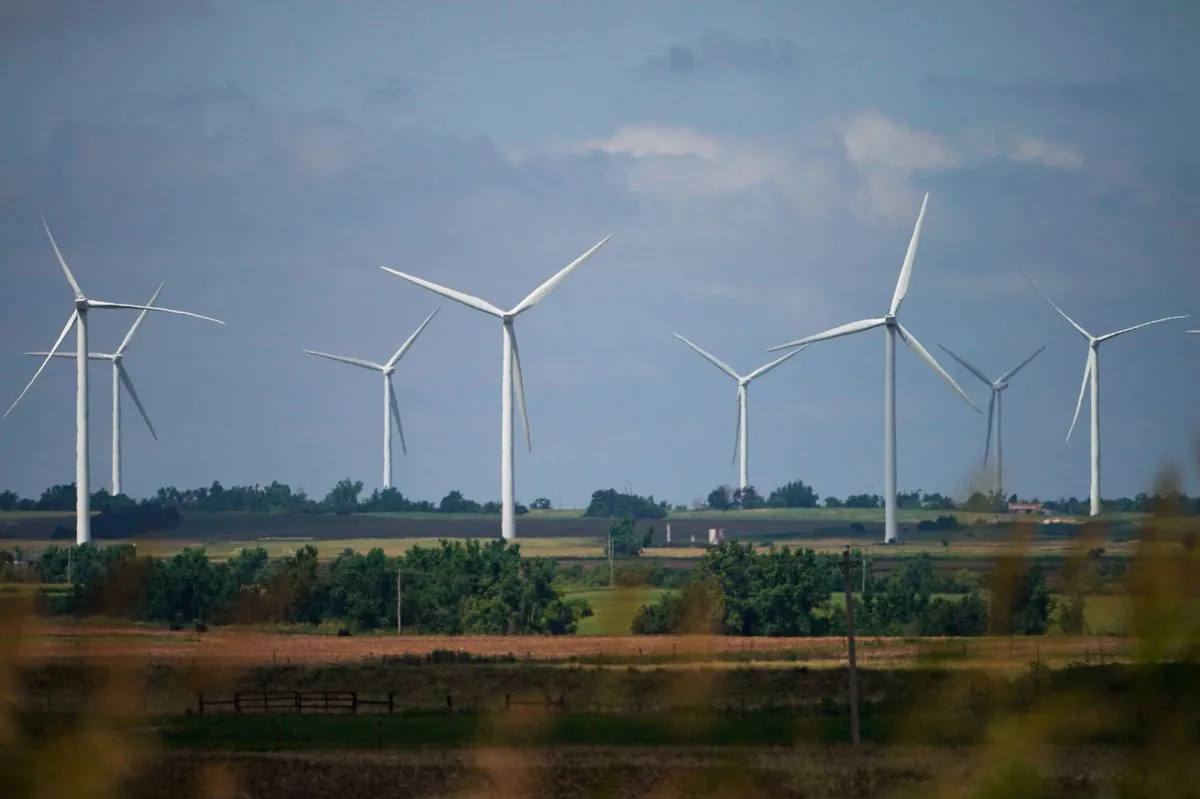Climate Policy Paradox: IRA's Impact on US Politics and Activism
The Inflation Reduction Act, a major climate legislation, remains absent from presidential campaigns. This article explores its political implications, Republican resistance, and climate activists' unexpected support.

The Inflation Reduction Act (IRA), enacted in August 2022, represents a significant milestone in American climate policy. Despite allocating $369 billion for clean energy initiatives, the legislation has been notably absent from recent presidential campaigns.
This absence raises questions about the IRA's political impact. The act has fostered a new, albeit fragile, coalition supporting green energy subsidies. However, this support comes with conditions, such as job creation and avoiding Chinese imports.
"There's absolutely no consensus in the U.S. on climate policy, in the sense of policy, in the strong sense of the word. In other words, a balancing of different priorities and different instruments, which involves real trade-offs."
The IRA's future faces uncertainty under potential Republican leadership. Some GOP members are advocating for the preservation of IRA spending, particularly in red states benefiting from the act. However, the party's internal dynamics may override economic considerations.

Interestingly, climate activists in the United States have largely supported the IRA, despite its compromises. This stance contrasts with the more demanding approach of activists in other countries. Three main factors contribute to this support:
- Realpolitik: The relief of having a competent administration after political turmoil.
- Inclusive drafting process: Climate activists were involved in shaping the legislation.
- American exceptionalism: A belief in America's unique ability to address global challenges.
The IRA aims to reduce carbon emissions by approximately 40% by 2030. It includes various initiatives such as tax credits for electric vehicles, incentives for domestic clean energy manufacturing, and $60 billion for environmental justice programs. The act is projected to create over 9 million jobs in the next decade and provides $30 billion to accelerate the transition to clean electricity.
While the IRA represents progress, its long-term impact remains to be seen. As of September 2024, the political landscape continues to evolve, with climate policy playing a complex role in American politics and activism.


































